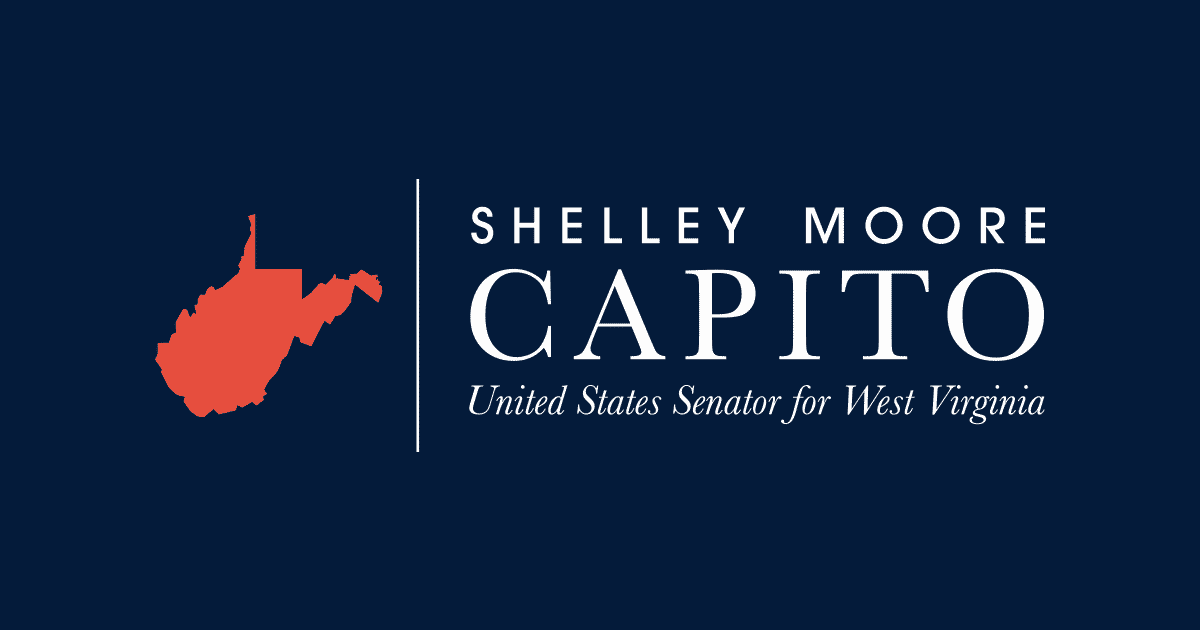Source: United States Senator for West Virginia Shelley Moore Capito
WASHINGTON, D.C. – Today, U.S. Senator Shelley Moore Capito (R-W.Va.), Ranking Member of the Senate Environment and Public Works (EPW) Committee, released the below statement on the Environmental Protection Agency (EPA) announcing its proposal to reconsider the existing, health-protective Mercury and Air Toxics Standards (MATS) regulation that covers generation from coal- and oil-fired power plants and clamp down further with tightened standards. The Biden administration is taking this action despite agreeing with the Trump administration’s risk review in 2020 finding the emissions do not pose any residual risks to public health warranting regulation.
“The Biden administration continues to wage war on coal and affordable, reliable energy by issuing unnecessary regulations intended to drive down electricity production from our nation’s baseload power resources. Despite agreeing with the Trump administration that existing controls on coal plants under the MATS Rule protect the public with an ample margin of safety, the Biden administration has again put politics over sound policy. With one job-killing regulation after another, the EPA continues to threaten the livelihoods of those in West Virginia and other energy-producing communities across the country,” Ranking Member Capito said.
BACKGROUND:
In 2020, the Trump administration conducted a risk and technology review of the MATS rule and determined that the standards were protective of human health and conducted the required eight-year technology review. Without any legal obligation to do so, President Biden decided on day one to reconsider the 2020 regulations by executive order.
Today’s action follows the Biden administration’s recent reinstatement of the “appropriate and necessary” finding. By reinstating this finding, the EPA took the first step to updating the MATS rule and further tightening its standards on coal- and oil-fired power plants. The original MATS rule was finalized in 2012 and went into effect, contributing to the closure of numerous coal plants across the country and in West Virginia, before it was struck down by the Supreme Court.
In 2015, the Supreme Court held 5-4 in Michigan v. EPA that the EPA interpreted the “appropriate and necessary” language unreasonably when it deemed costs irrelevant to the decision to regulate power plants. In that ruling, the Court stated, “One would not say that it is even rational, never mind ‘appropriate,’ to impose billions of dollars in economic costs in return for a few dollars in health or environmental benefits.”
Reviving the failed “appropriate and necessary” finding will allow the EPA to use criteria irrelevant to the actual regulation being considered to justify its costs, showcasing the EPA’s approach to making the rulemaking process even more opaque, and increasing the likelihood of the agency overstepping its legal authority as it crafts several significant rules currently listed on its regulatory agenda.
# # #
